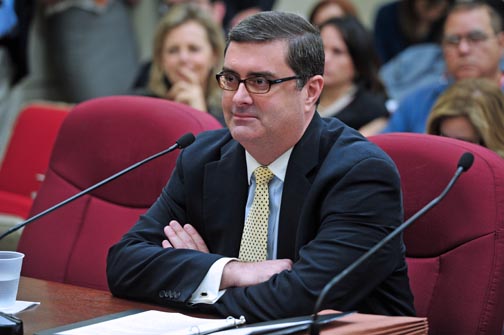
During the past few months a narrative has taken hold, on both sides of the political spectrum, that Puerto Rico is “using federal disaster relief funds to pay bondholders.”

It has been a little over a year since Hurricane Maria fractured Puerto Rico’s infrastructure and its demographic and economic landscape.

Federal relief and recovery spending in Puerto Rico is mostly being used to contract mainland firms, which suggests that Stafford Act provisions have, up to this point, been sidestepped or ignored.
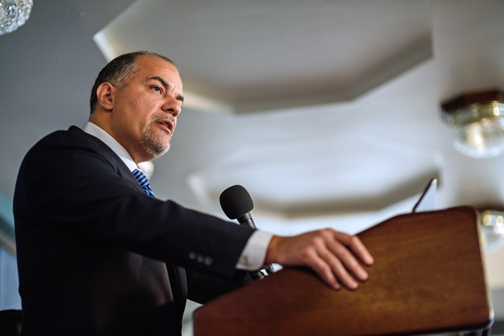
For the fifth year in a row, Puerto Rico’s Center for a New Economy (CNE) has been included in the most recent edition of the 2017 Global Go To Think Tank Index Report published by the University of Pennsylvania’s Lauder Institute.

Returning to the status quo that existed prior to Hurricane María will not be enough for Puerto Rico: the island must seek to leapfrog into a renewed development platform, generating a profound retooling and modernization of its productive and institutional infrastructure.
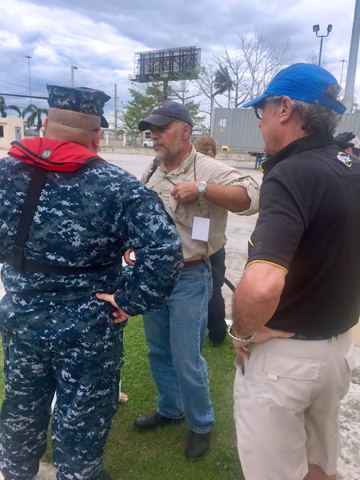
The Center for a New Economy, through its recently created Puerto Rico Recovery Fund has established a network of 10 distribution centers islandwide to quickly distribute the emergency supplies the entity has collected and will continue to collect in the island and the mainland United States for communities devastated by Hurricane Maria.
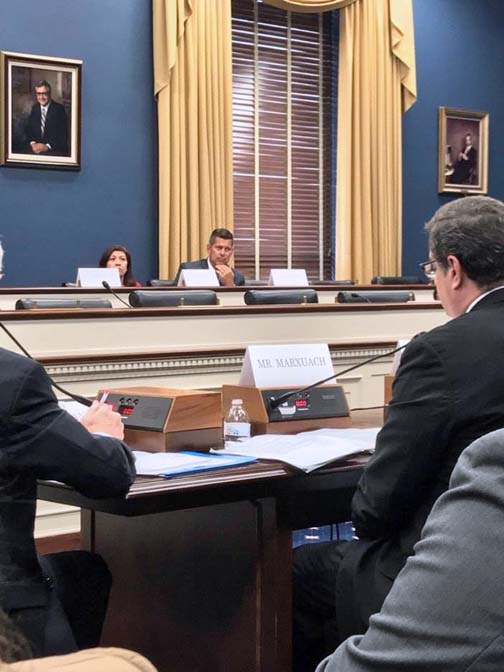
U.S. Rep. Nydia M. Velázquez (D-NY) hosted Tuesday a panel of experts and other members of Congress for a roundtable discussion on unlocking the keys to stimulating economic growth in Puerto Rico.

The Center for a New Economy announced Wednesday that the CNE Growth Commission for Puerto Rico will meet during the first week of April, in San Juan, to discuss the agenda it has started to outline.

In their almost 52 years of existence, Medicaid and Medicare, jointly with the Children’s Health Insurance Program (“CHIP”), have alleviated the suffering of millions of children, low-income adults and elderly people by enabling them to access dignified health care.
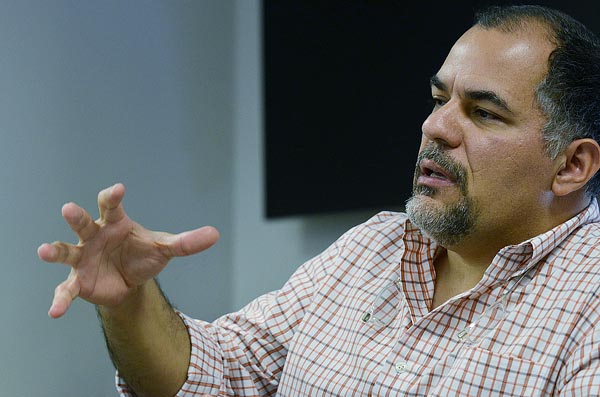
The Center for a New Economy unveiled Wednesday a joint report prepared with the Initiative for Policy Dialogue at Columbia University in New York, which analyzes key components for a new industrial policy for Puerto Rico.
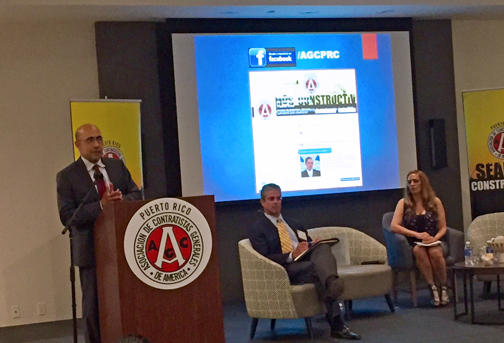
Center for a New Economy representatives on Thursday stressed the urgency for Congressional action, but cautioned that any bill approved in Washington must provide Puerto Rico with a debt restructuring mechanism “that will actually work.”

Looking to build a new “civic infrastructure” for Puerto Rico in the U.S. mainland, a Center for a New Economy will be opening offices in Washington, DC and New York to insert itself in the discussion of fiscal and other issues, the think tank’s President Mike Soto-Class said Thursday.
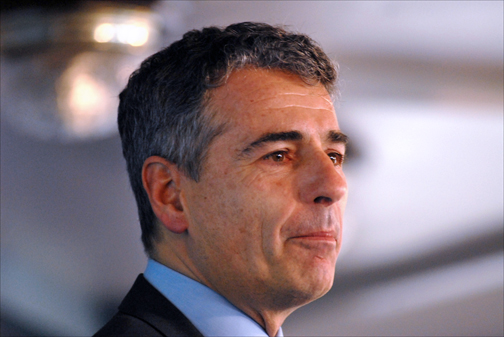
The man who once ran Latin America’s healthiest economy has some advice for Puerto Rico: adopt a “fiscal rule” that slashes debt by setting surplus targets over the long term so the commonwealth has room to spend more during recessions.
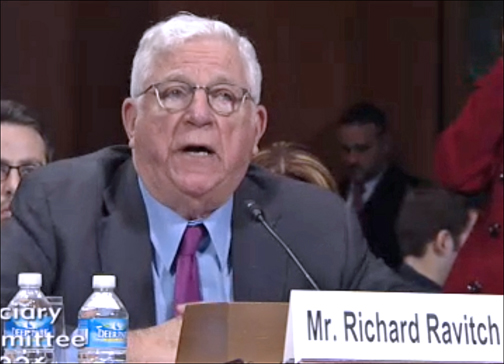
Chile’s former finance minister and an ex-lieutenant governor of New York will be among five panelists appearing Wednesday in Washington, D.C., to discuss how a Fiscal Responsibility Law (FRL) might help stabilize Puerto Rico’s public finances and overhaul the island’s fiscal infrastructure.

Puerto Rico’s current fiscal problems are bringing up unprecedented issues that will likely be subject to interpretation by local and federal courts if the government defaults on its debt and bondholders decide to defend their contractual rights via the lawsuit route.




NIMB ON SOCIAL MEDIA